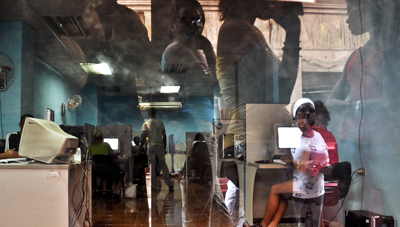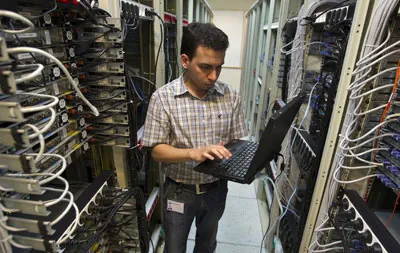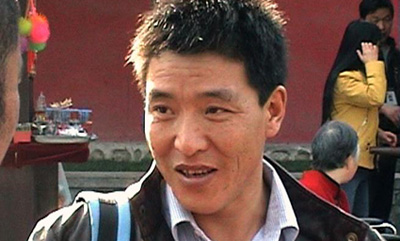
Eating a cable: Internet access still elusive in Cuba
There is a popular expression in Cuba that is synonymous with difficulty and crisis. When you want to indicate that someone is doing badly economically, it is sufficient to say that he is “eating a cable.” Street humor has identified the act of chewing and swallowing a bundle of wires with scarcity and material want.…
Audio: From Cuban prison, reporter speaks out
Cuba, historically one of the world’s worst jailers of journalists, has returned to CPJ’s prison census after a one-year absence. Calixto Ramón Martínez Arias, a reporter for the independent news agency Centro de Información Hablemos Press, was imprisoned in September after he started looking into why an international shipment of medicine was allowed to go…
Cuban reporter Flores arrested on anti-state charges
New York, November 9, 2012–Cuban authorities charged journalist Yaremis Flores with anti-state crimes on Wednesday in connection with news articles critical of the government, an arrest that sparked two waves of protests and detentions outside a Havana police station. The Committee to Protect Journalists called on authorities to drop the charges against Flores immediately.
CPJ calls for the immediate release of Cuban bloggers
New York, October 5, 2012–The Committee to Protect Journalists condemns the arrest of three independent Cuban bloggers and calls for their immediate release. Yoani Sánchez, one of Cuba’s most prominent bloggers, was detained yesterday along with her husband, journalist Reinaldo Escobar, and blogger Agustín Díaz in the city of Bayamo, according to news reports.

Most censored nations each distort the Net in own way
One big reason for the Internet’s success is its role as a universal standard, interoperable across the world. The data packets that leave your computer in Botswana are the same as those which arrive in Barbados. The same is increasingly true of modern mobile networks. Standards are converging: You can use your phone, access an…
Video: 10 Most Censored Countries
CPJ Deputy Director Robert Mahoney counts down the 10 countries where the press is most tightly restricted. How do leaders in these nations silence the media? And which country is the worst of all? (4:03) Read CPJ’s report on the 10 Most Censored countries for more detail on how censorship works, and which countries were…

